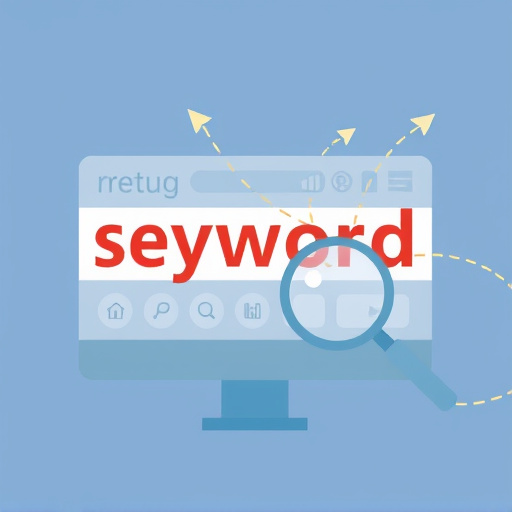In today's digital landscape, real estate SEO success depends on swift website loading times to engage users and improve search rankings. Optimizing for speed through professional web design boosts user experience, attracts organic traffic, and drives conversions by outperforming competitors in competitive markets like Dallas or Miami. Investing in keyword research and streamlined UX encourages exploration and increases local search visibility.
In the competitive world of real estate, ranking higher on search engines isn’t just about quality content—it’s also about speed. Page speed significantly influences real estate SEO rankings, with faster-loading websites enjoying better search engine positioning. This article explores how optimizing your website for quicker loading times enhances user experience and, consequently, bolsters your real estate SEO strategy. We’ll delve into actionable steps to ensure your property listings pages are not just fast but also effective in capturing potential buyers’ interest.
- Page Speed Impact on Real Estate Search Rankings
- Optimizing Websites for Faster Loading Times
- User Experience and SEO in Real Estate
Page Speed Impact on Real Estate Search Rankings

In today’s digital era, page speed plays a pivotal role in real estate SEO rankings. Search engine algorithms prioritize fast-loading websites because users expect instant access to information—especially when they’re on the hunt for their dream homes. A slow website can significantly deter potential buyers or renters, leading to higher bounce rates and lower search engine rankings. This is particularly crucial in competitive real estate markets where every click counts.
For instance, a study by Google found that 53% of mobile users leave a page if it takes more than three seconds to load. In the realm of local SEO Dallas or the Miami area, where foot traffic and leads are highly localized, a swift website can make all the difference between capturing a prospect’s interest and losing them to a faster-loading competitor. Professional web design that optimizes for speed not only enhances user experience but also gives your real estate business an edge in securing higher search engine rankings, driving more qualified leads, and ultimately closing more deals.
Optimizing Websites for Faster Loading Times

In today’s digital era, real estate SEO rankings heavily rely on fast-loading websites. Optimizing your web design Arlington to reduce loading times can significantly enhance user experience and search engine rankings. A website design agency that specializes in mobile-friendly website design understands this crucial aspect of online marketing. They employ strategies such as minimizing image sizes, leveraging browser caching, and optimizing code to ensure pages load swiftly on both desktop and mobile devices.
By implementing these techniques, real estate professionals can make their websites more competitive in the market. Faster loading times not only improve user satisfaction but also encourage search engines to rank sites higher, driving more organic traffic to listings. This, in turn, can lead to better engagement and conversions for real estate businesses.
User Experience and SEO in Real Estate

In the competitive world of real estate, a strong online presence is no longer an option—it’s a necessity. User Experience (UX) plays a pivotal role in achieving success within this digital landscape. When it comes to real estate SEO, optimizing for speed enhances both UX and search engine rankings. In today’s fast-paced market, potential homebuyers expect instant results; a slow website can deter them from exploring further. By improving page speed, real estate agents and brokers can ensure visitors stay engaged, leading to higher conversion rates.
A seamless UX encourages users to navigate effortlessly, fostering an environment conducive to exploration. Search engines like Google recognize this connection between UX and SEO. As a result, they reward websites that deliver quick, efficient experiences, boosting local search visibility and improving Google search rankings. Investing in keyword research services can help identify the most relevant terms potential clients use when searching for properties, allowing real estate professionals to optimize their content and streamline their online presence accordingly.
In conclusion, page speed significantly influences real estate SEO rankings. By optimizing websites for faster loading times, real estate professionals can enhance user experience, improve search engine visibility, and ultimately attract more potential buyers or renters. Investing in website performance is a strategic move that pays dividends in the competitive world of online real estate marketing.














